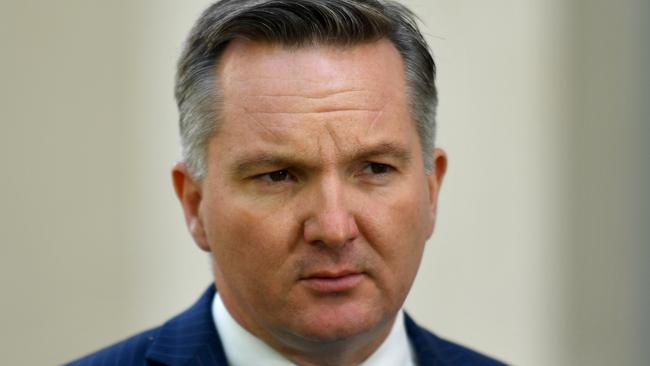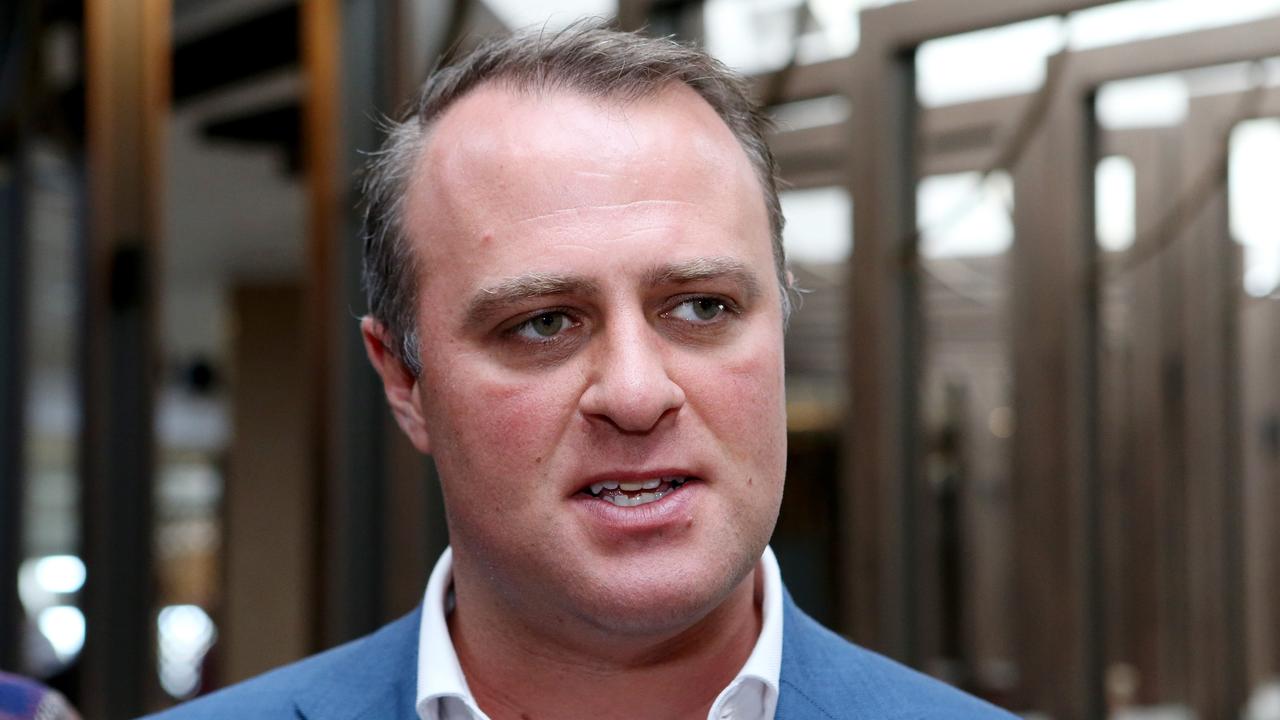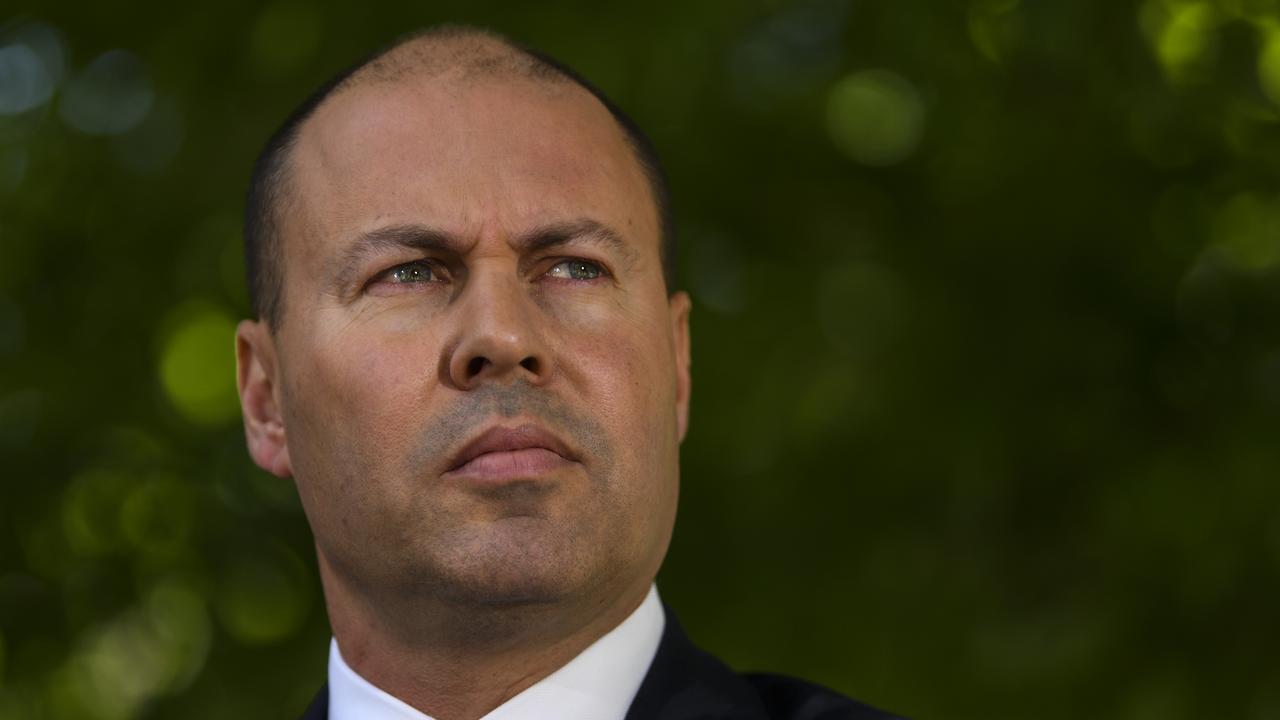ALP’s property-tax hit may be imposed as early as July
Labor could impose its plan to curb negative gearing as early as July and is refusing to bow to job-loss warnings from industry.

Labor could impose its plan to curb negative gearing as early as July and is refusing to bow to rising pressure from industry leaders who warn that the housing policy could slash construction by up to 42,000 homes over five years.
The nation’s biggest residential developer, Stockland, cautioned yesterday that Labor’s plan to limit the tax advantage of negative gearing to new properties had the potential to distort Australia’s $7 trillion housing sector and hurt the first-home buyers it was trying to help. The Property Council of Australia and the Housing Industry Association said the effect of the policy, which on current estimates would raise $20 billion in revenue over 10 years, could worsen a softening housing market.
Opposition Treasury spokesman Chris Bowen stepped up Labor’s negative-gearing pitch after coming under attack from Scott Morrison, while Treasurer Josh Frydenberg declared it was only a matter of time before Labor backflipped on its housing affordability plan.
Labor also proposes to halve the capital gains tax discount on property investment, but new independent modelling found its plans would lead to a fall in new housing construction of up to 42,000 dwellings under a “worst case” scenario, as revealed in The Australian yesterday. The report, conducted by Cadence Economics and commissioned by Master Builders Australia, also predicted 32,000 fewer jobs and a potential $12 billion downturn in construction in the first five years of its operation.
Labor sources said the reforms would most likely be implemented on July 1 next year if an election was called in the next six weeks and the party won government — or on July 1, 2020, if the poll was held as expected in May. That would ensure Australians had “plenty of time to sort out their investment strategy and respond accordingly”.
Mr Bowen said there was a “fatal flaw” in the MBA modelling, which had been presented to him in June, because it did not take into account the “grandfathering” aspect of the policy, which meant people who currently negatively geared properties would not be affected.
“Because of our well-calibrated grandfathering arrangements, our negative-gearing measures take more than a decade to fully mature,” Mr Bowen told The Australian. “Grandfathering of current investment properties is a critical part of our policy design and will ensure that our changes have only a modest, gradual and small impact on the housing market — a point made by the Treasury — all the while driving home ownership for first-home buyers.” MBA CEO Denita Wawn argued she was aware of the grandfathering but did not need to model it, telling ABC radio: “We needed to look at future investments and, as such, the issue around grandfathering was not relevant to that debate and would not have an impact on future decisions of investment.”
Labor frontbencher Joel Fitzgibbon said the changes would neither drive housing prices down nor increase them. In a trainwreck interview on Sky News, the opposition agriculture spokesman expected Labor would implement the policy “at the first opportunity”, but he was unable to explain how it would make the market more affordable. Labor argues the reforms would put “modest” downward pressure on prices.
The Prime Minister said it would threaten Australia’s AAA credit rating. “Those opposite can’t keep taxes under control because they can’t keep spending under control,” Mr Morrison told parliament.
Labor would make Australians “keep less of what they earn and they’re going to do that by whacking their tax, by abolishing negative gearing as we know it, and putting up the capital gains tax, which will rob construction workers and tradies of their jobs and undermine the value of the one thing Australians worked so hard for and that is the value of their own home”.



